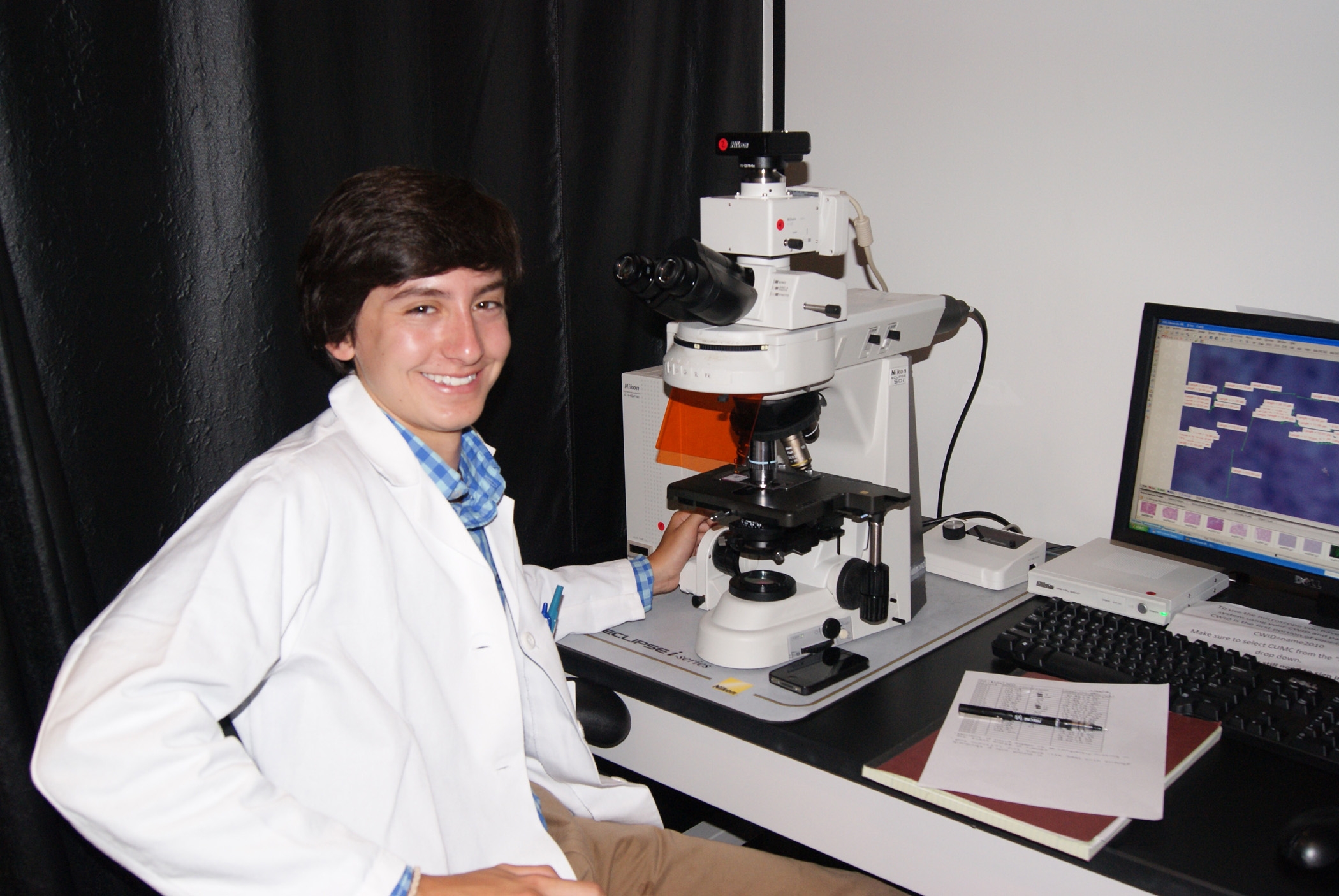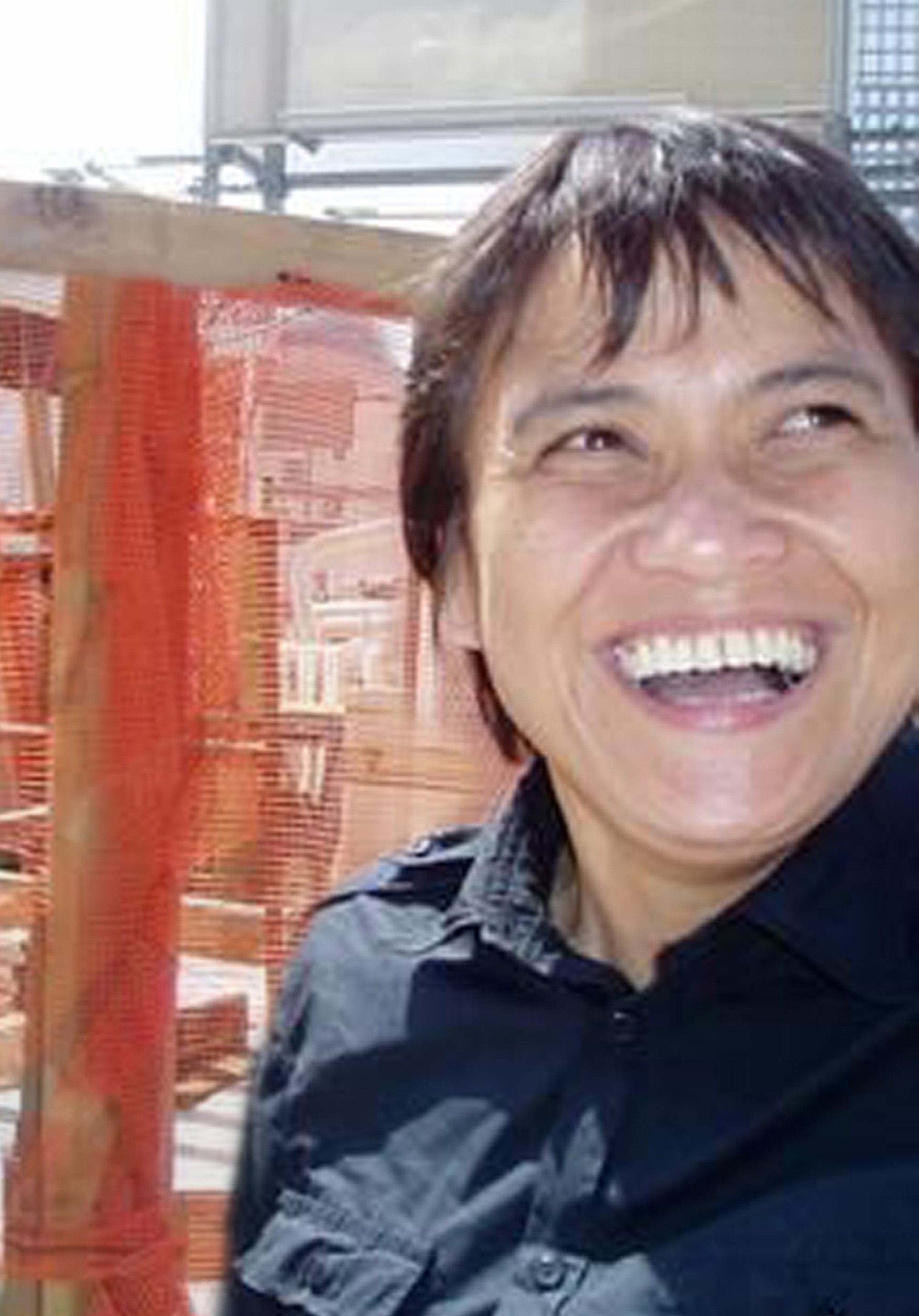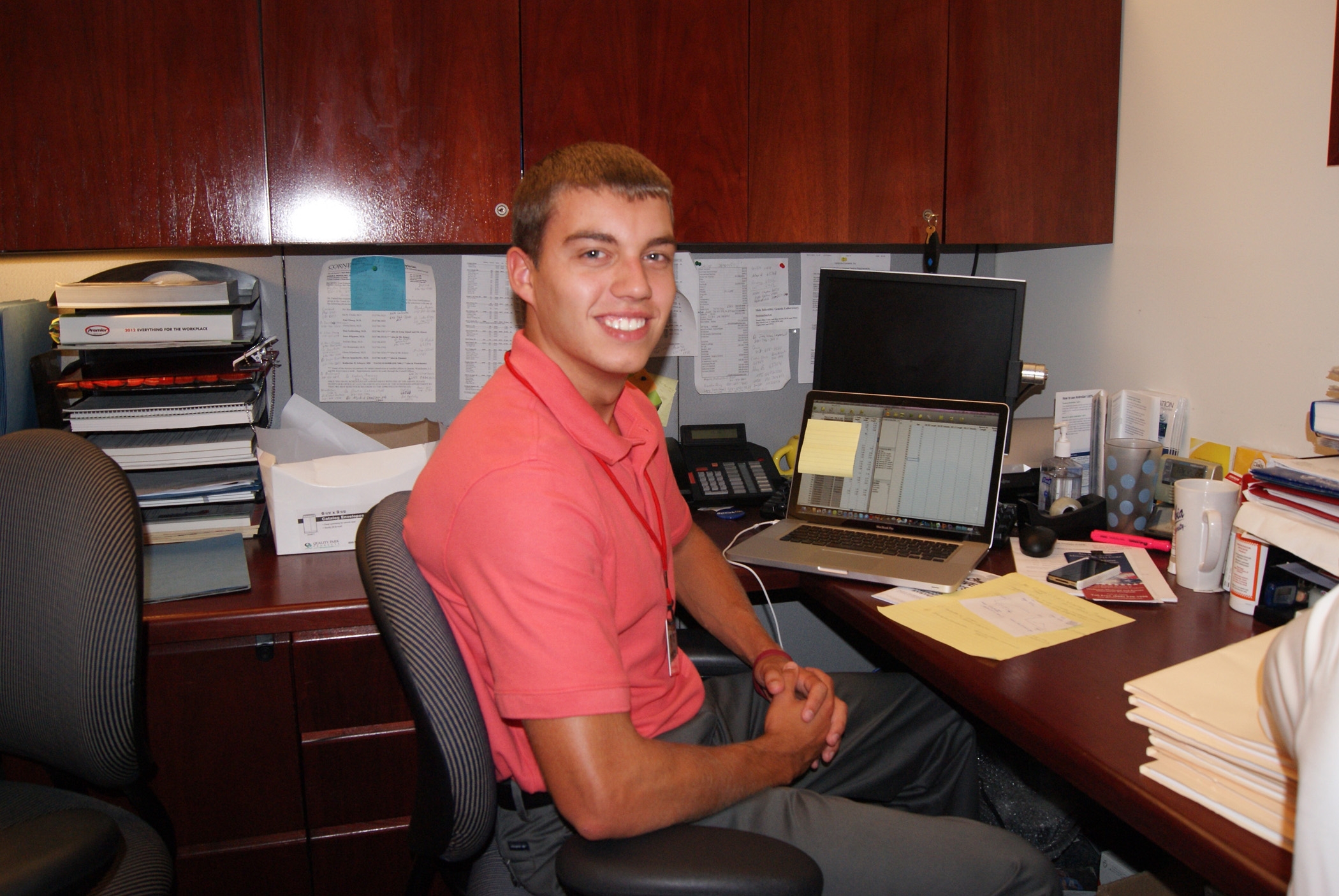
Mamaroneck High School senior Russell Simons
The Mimi Suico Summer Research Program at Weill Cornell Medical College just concluded its first program, giving three students the opportunity to pursue biomedical and translational research.
"This experience has definitely solidified my love for science and medicine," said Russell Simons, a senior at Mamaroneck High School, who spent most of his summer in a lab where he worked closely with fellows and staff members on three different projects. "I wanted to experience what it is truly like to be in the hospital every day, surrounded by doctors and health care workers."
Nurturing a love of science and medicine is the goal of the summer research program, which is open to high school, college-bound and post baccalaureate students at various levels. It was also the goal of Mimi Suico, for whom the program is named.
Before passing away in 2011, for 25 tireless years Suico served as secretary for physicians from Weill Cornell Medical College's Department of Urology. Colleagues call her an unsung hero, who, from behind the scenes, strove to make a difference in her own way.

Mimi Suico, a longtime secretary in the Department of Urology, for whom the summer research program is named.
Her death impacted students, staff and patients alike, which is why so many felt a need to honor her. Through generous support by an anonymous donor and from faculty and patients, the Mimi Suico Summer Research Program came to life, ensuring her legacy and commitment to students and science continues.
In addition to Simons, Jordan Roosma, a recent graduate of Pequannock Township High School in New Jersey, and Michael Funaro, who graduated from Dartmouth College with honors, were also a part of the summer program.
"It allows you to roll up your sleeves and do real research," said Funaro, who performed research regarding the trafficking of the androgen receptor in patients with Klinefelter's syndrome, which is a condition when someone is born with an extra X chromosome. "My work focuses on trying to identify how and why things went awry and what the chemical basis for this was."
"This experience helped me realize that I really do want to be some sort of doctor," said Roosma, who tracked the natural history of testicular atrophy in adolescents with Klinefelter syndrome, thus helping clinicians to decide how to best monitor these patients.
"This program has motivated me to always try my best and overcome any obstacles to become a doctor."

Jordan Roosma, a recent graduate of Pequannock Township High School in New Jersey
Simons disproved a flawed belief many generations of scientists, who thought that the enlargement of Leydig cells is a culprit of Klinefelter syndrome, the most common chromosomal aberration in men. Through well-designed experiments he measured the cell size of Klinefelter patients and compared it to control specimens showing that the cells sizes are normal. He also proved that Sertoli cells enter mitotic divisions during puberty.
"What is striking to me that these young students with adequate mentorship and in scientifically driven environment can be very productive and answer the truly new and important questions in translational medicine," said Dr. Peter Schlegel, chairman of the Department of Urology, the James J. Colt Professor of Urology and professor of reproductive medicine at Weill Cornell and urologist-in-chief at NewYork-Presbyterian Hospital.

